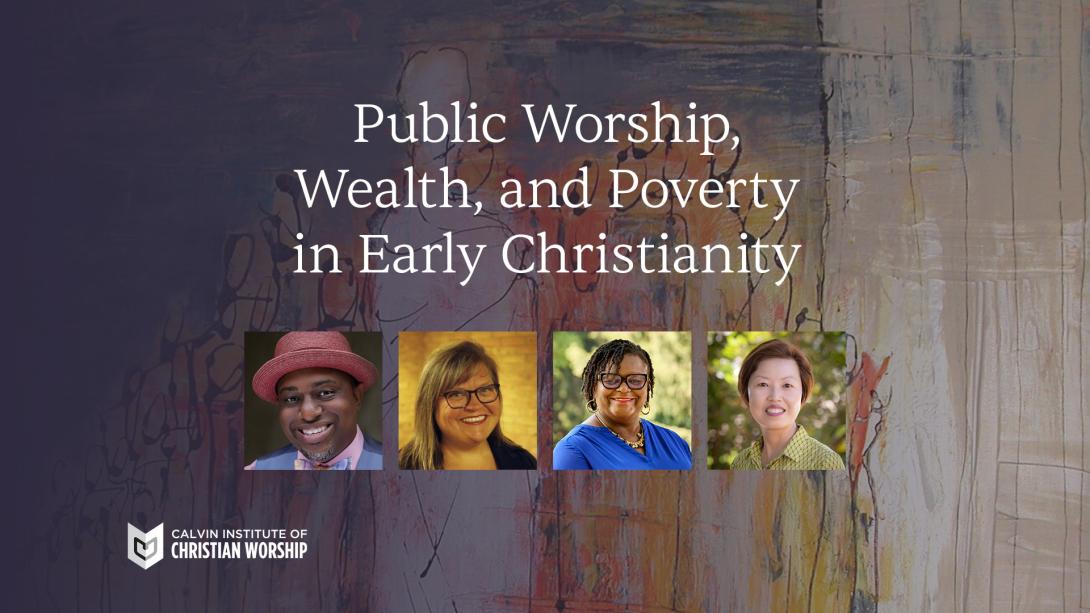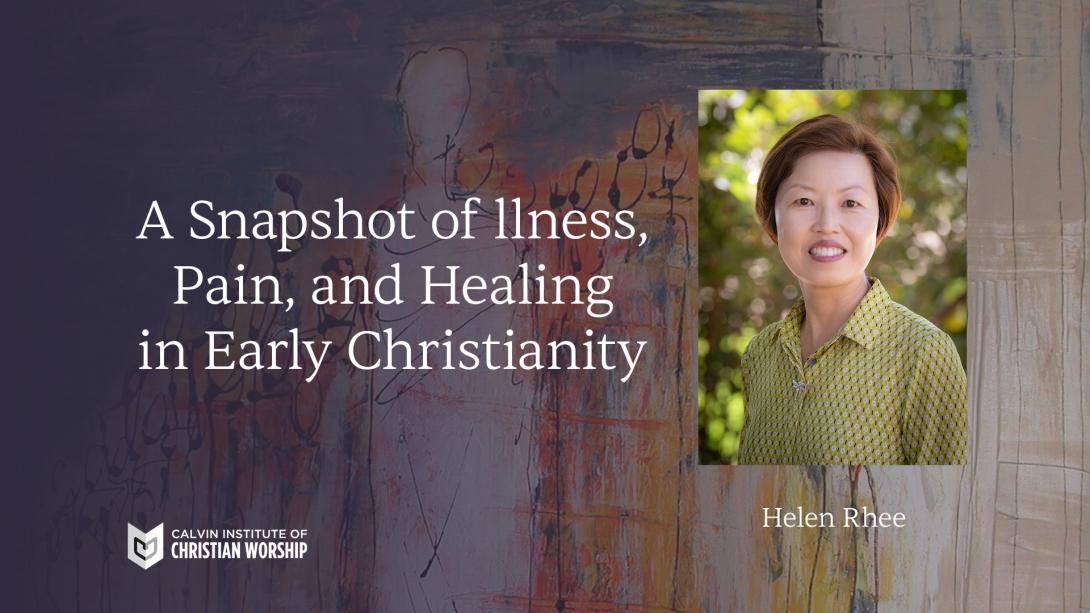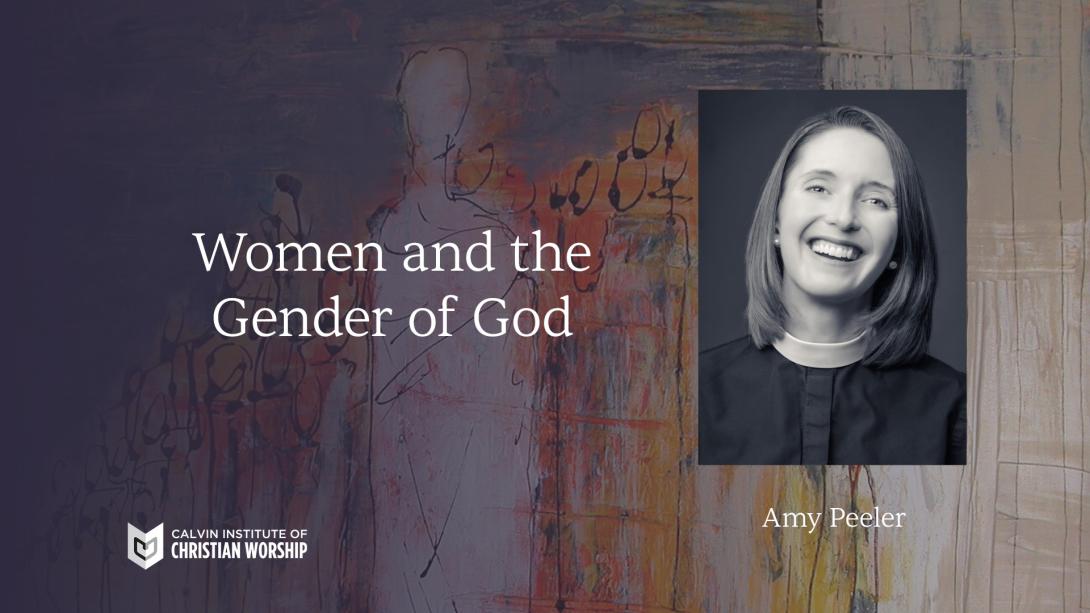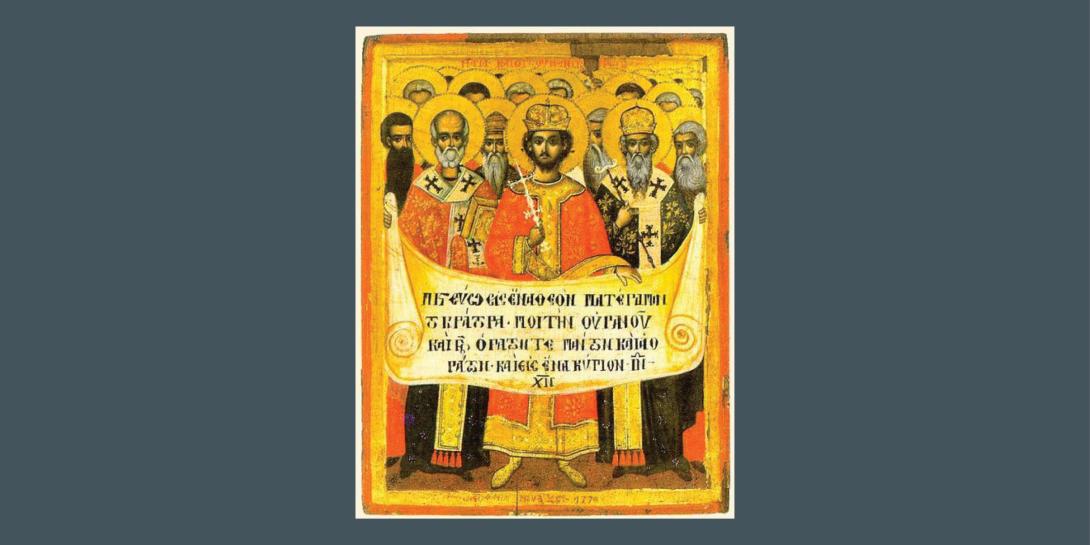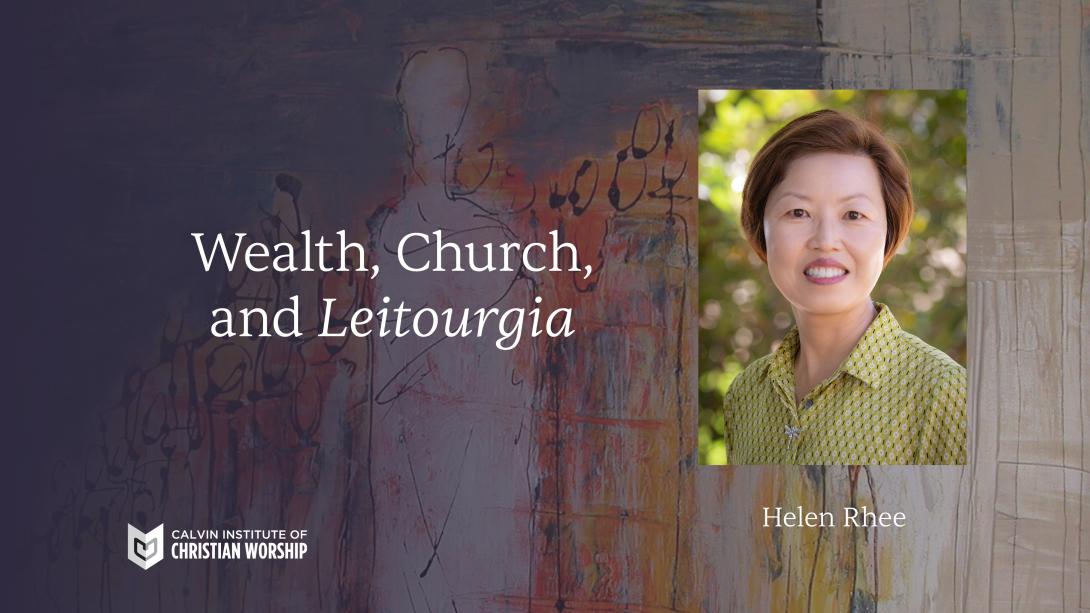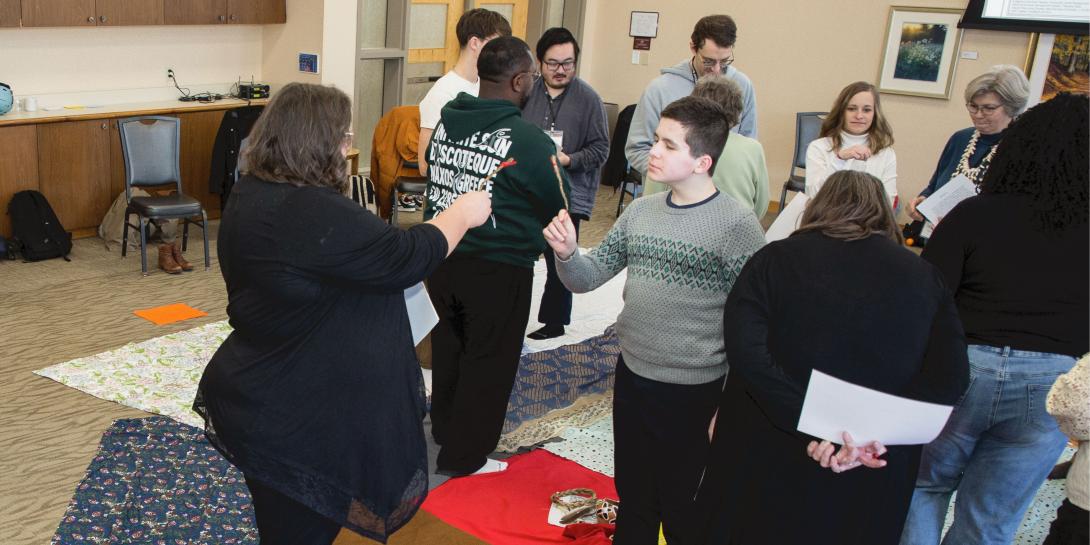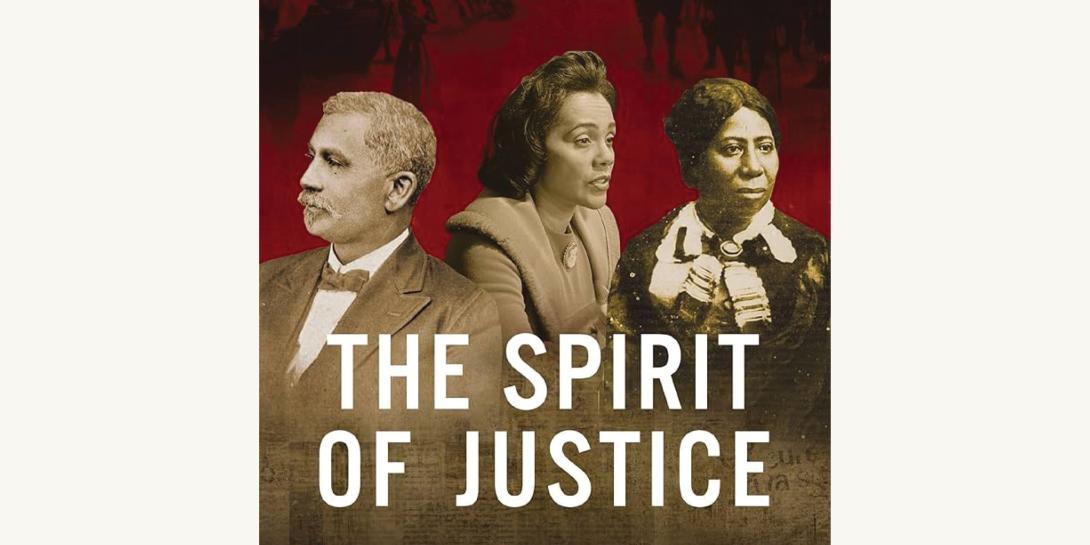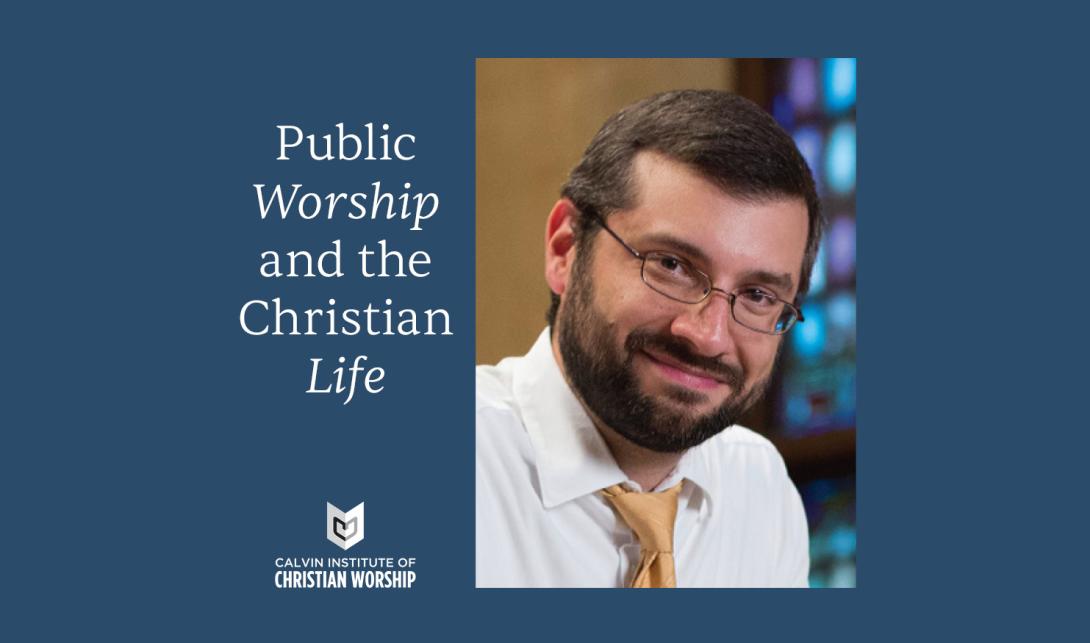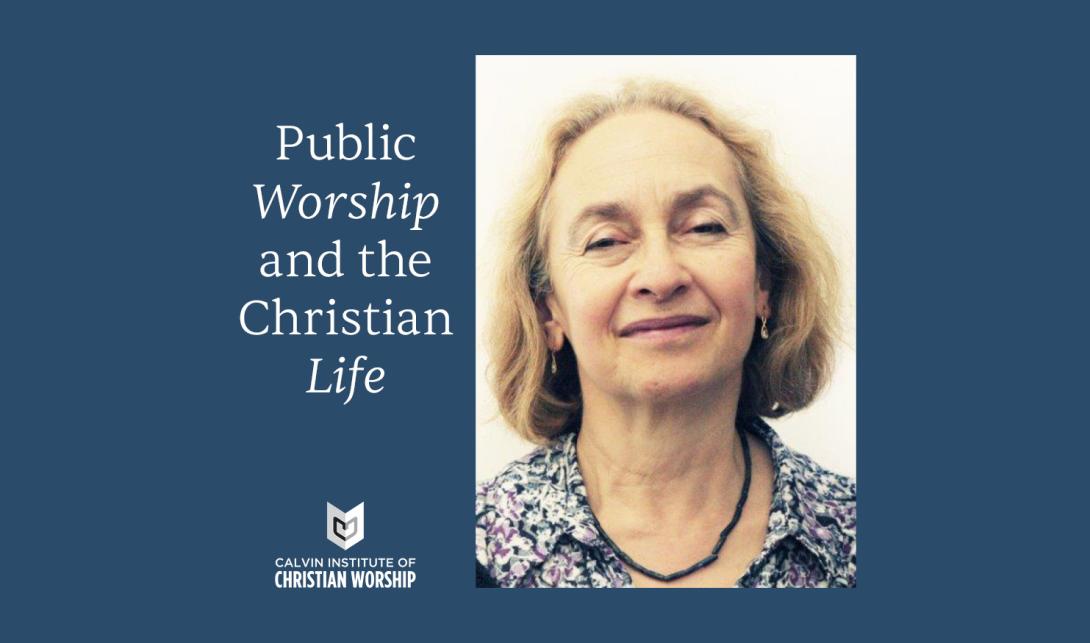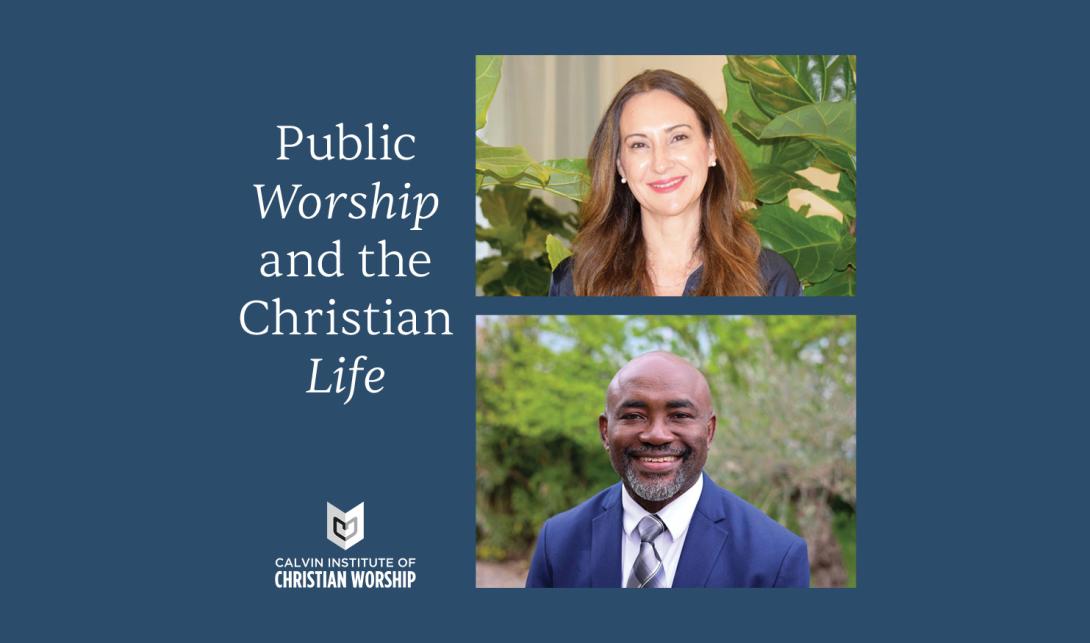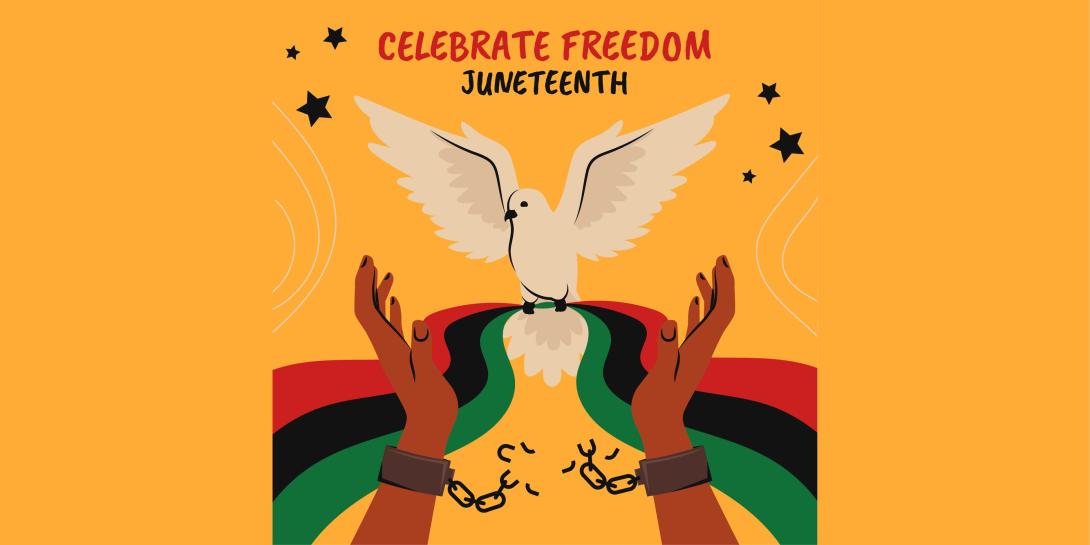Psalm Singing and the Genevan Psalter
Why and how did psalm singing become such a hallmark of Reformed worship? Join Dr. Karin Maag for a fascinating journey through time, from Reformation Geneva to Scotland and from the Netherlands to New England, exploring the roots and impact of metrical psalm singing. Along the way, we will hear the voices of early modern Christians as they learned how to sing the psalms, both in unison and in harmony.
Public Worship, Wealth, and Poverty in Early Christianity
Explore how Christians in the earliest centuries of Christianity engaged topics related to wealth and poverty in their preaching, public prayers, offerings, celebrations of baptism and the Lord’s Supper, and the shaping of buildings and spaces for Christian worship.
A Snapshot of Illness, Pain, and Healing in Early Christianity
How did early Christians understand their illness and pain in their Greco-Roman context?
Women and the Gender of God
At the intersection of theology and anthropology, this session will investigate the impact of the language Christians use for God.
How the Nicene Creed’s 1,700th Anniversary Can Unify Christians
In popular culture, the ancient Council of Nicaea is sometimes seen as a conspiracy to consolidate power. Some Baptist, evangelical, and nondenominational churches are resistant to creeds, and Christians who recite the Nicene Creed weekly or at least regularly in Catholic, Orthodox, and many Protestant traditions don’t appreciate the depth of the theology in what they are saying. Still, many theologians and historians hope that celebrating the 1,700th anniversary of the Nicene Creed in 2025 can unify global Christians.
Wealth, Church, and Leitourgia
How did early Christians understand and practice wealth in relation to worship/service and care of the poor?
Ben Peltz on Indigenous Justice and Worship in Canada
Joining a racial justice pilgrimage in the American South helped a Canadian pastor see parallels to the experiences of Indigenous and settler peoples in his congregation. These insights are helping his church become more appreciative of God’s incarnation in Indigenous people.
Jemar Tisby on The Spirit of Justice
The Black church has deep experience of suffering and being denied God-given and legal rights. As turbulent times affect more people, Jemar Tisby’s book The Spirit of Justice: True Stories of Faith, Race, and Resistance describes how Black Christians have kept the faith.
Jared Ortiz on the Dramatic Nature of the Nicene Creed
Jared Ortiz, professor at Hope College, Holland, Michigan, describes the Nicene Creed as a dramatic and powerful statement where every word is like a declaration of war, saying yes to the truth and no to many falsehoods.
Jane Williams on the Nicene Creed as a Creative and Exciting Description of Who God Is
Jane Williams, professor of theology at St. Mellitus College in London, England, sees the Nicene Creed, crafted 1700 years ago, as an extraordinary creative and exciting description of who God is and therefore what we trust in as Christians in God's world.
Maria Eugenia Cornou and Mikie Roberts on the Doxological and Historical Significance of the Nicene Creed
Maria Eugenia Cornou and Mikie Roberts serve on a planning team for an October worship event in Egypt to mark the 1700th anniversary of the Council of Nicaea and the ecumenical creed that emerged in the year 325 and remains firmly embedded in the worship practices of the church today.
Worship and Other Resources for Celebrating Juneteenth
You don’t have to be Black or attend a predominantly Black church to celebrate Juneteenth with appreciation and respect. Many resources are available for your congregation to cosponsor or plan a God-honoring Juneteenth event or worship service.



